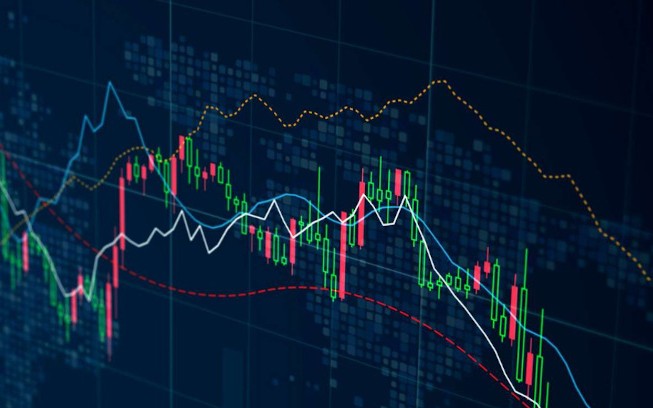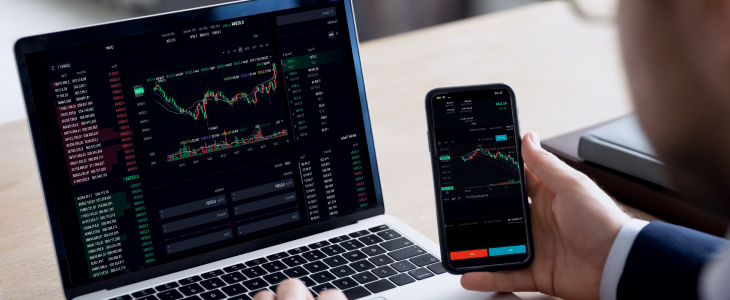How to Start Forex Trading A Comprehensive Guide 1601279000

How to Start Forex Trading: A Comprehensive Guide
Forex trading, or foreign exchange trading, involves the buying and selling of currencies to make a profit. It is one of the largest financial markets in the world, with a daily trading volume exceeding $6 trillion. If you’re looking to dive into the world of forex trading, you need a solid understanding of the basics, strategies, and tools that can help you succeed. In this article, we will walk you through everything you need to know to get started, including how to start forex trading Forex Brokers in Argentina who can help facilitate your trading journey.
Understanding Forex Trading
At its core, forex trading is about the exchange of one currency for another. Currencies are traded in pairs, such as the Euro/US Dollar (EUR/USD) or the British Pound/Japanese Yen (GBP/JPY). In a currency pair, the first currency is known as the base currency, while the second currency is the quote currency. The value of a currency pair reflects how much of the quote currency is needed to purchase one unit of the base currency.
Why Trade Forex?
There are several compelling reasons to consider forex trading:
- High Liquidity: The forex market is incredibly liquid, meaning that you can enter and exit trades with ease.
- Accessibility: Unlike other financial markets, forex trading is accessible to anyone with an internet connection and a trading account.
- Potential for Profit: Traders can profit from both rising and falling markets, and leverage allows for larger trades.
- 24/5 Market: The forex market operates 24 hours a day, five days a week, allowing for flexibility in trading times.
Getting Started with Forex Trading
To successfully start trading forex, follow these steps:
1. Educate Yourself
Understanding the fundamentals of forex trading is crucial. Take the time to learn about how the market works, common terminologies, and various strategies. There are numerous online resources, courses, and trading simulators available to help you get started.

2. Choose a Reliable Forex Broker
Selecting a reputable forex broker is one of the most important steps in your trading journey. Look for a broker that provides a user-friendly platform, competitive spreads, and excellent customer service. Research brokers that operate in your region and read reviews to understand their reputation. Make sure to verify that the broker is regulated by a recognized authority in your country.
3. Open a Trading Account
Once you’ve selected a broker, you can open a trading account. Most brokers offer different types of accounts, such as demo accounts for practice and live accounts for actual trading. A demo account allows you to trade with virtual money, giving you the opportunity to familiarize yourself with the trading platform and test your strategies in a risk-free environment.
4. Develop a Trading Plan
A well-defined trading plan is essential for success in forex trading. Your trading plan should include your goals, risk tolerance, and trading strategies. Decide how much capital you are willing to risk on each trade and the criteria for entering and exiting trades. Sticking to your plan will help you avoid emotional trading decisions.
5. Learn Technical and Fundamental Analysis
Understanding both technical and fundamental analysis will significantly enhance your trading skills.
Technical Analysis involves using historical price data, charts, and indicators to predict future price movements. It helps traders make informed decisions based on patterns and trends.

Fundamental Analysis, on the other hand, takes into account economic indicators, news events, and geopolitical developments that can affect currency values. Keeping up with global news can provide insights into market trends.
6. Start Trading
After you feel comfortable with your knowledge and have developed a strategy, it is time to start trading. Begin with small amounts to manage your risk effectively. As you gain experience and confidence, you can gradually increase your trade size.
7. Keep a Trading Journal
Documenting your trades in a trading journal will help you track your performance and learn from your successes and mistakes. Record the details of each trade, including the reasons for entering and exiting, as well as the outcome.
8. Continuously Improve
Forex trading is a skill that requires ongoing learning and adaptation. Stay updated with market news, and continuously refine your strategies based on your trading experiences and market conditions.
Tips for Successful Forex Trading
- Manage Your Risk: Use stop-loss orders to limit potential losses and never risk more than you can afford to lose.
- Stay Disciplined: Stick to your trading plan and avoid emotional decisions based on short-term market fluctuations.
- Control Your Leverage: While leverage can amplify your profits, it can also lead to significant losses. Use it judiciously.
- Practice Patience: Successful trading takes time and practice. Avoid the temptation to chase quick profits.
Conclusion
Starting forex trading can seem daunting, but with the right education, a solid trading plan, and discipline, you can navigate this exciting market successfully. Remember to continuously learn, adapt, and manage your risks to enhance your trading performance. As you embark on your forex trading journey, consider working with reputable Forex Brokers in Argentina to access valuable resources and trading support. Happy trading!
